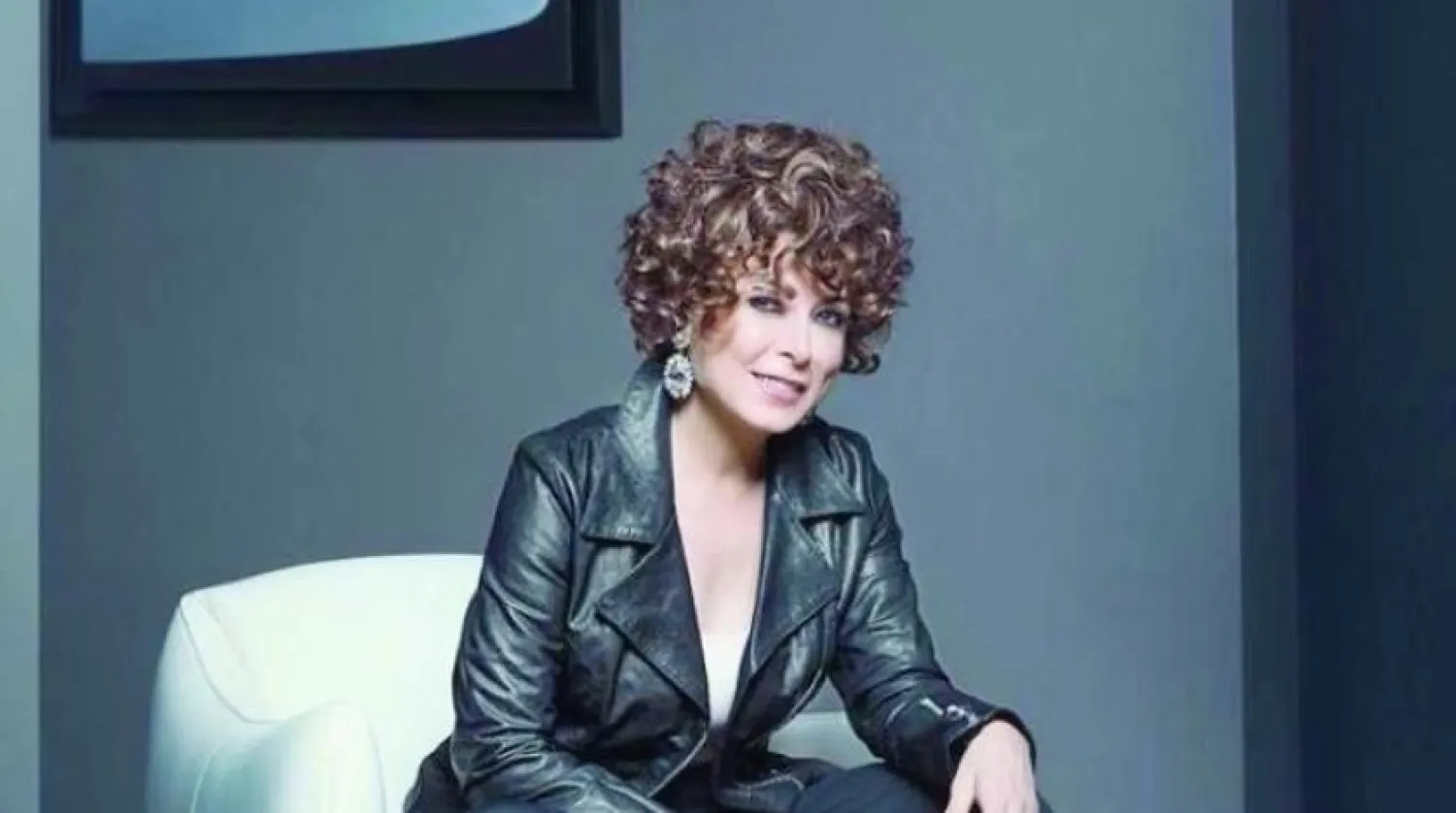Egyptian artist Anoushka revealed she’s “preparing to boost her work as a singer by launching her own YouTube channel to archive her works, concerts and new songs.”
“Artists should record their history and keep up with the changing mechanisms of our time,” she told Asharq Al-Awsat.
Although she partook in successful Ramadan dramas such as ‘Grand Hotel’, ‘Naguib Zahy Zarkash’, and ‘Rageen Ya Hawa’, Anoushka sees that “this type of works pressures the artist with over 16-hour shootings per day so they can commit to their work and fans.”
About her interest in acting more than singing, Anoushka said: “In fact, I had a hard time with my father, and the dates of concerts weren’t convenient for me. I have always believed in art, but my parents need me and this is my top priority. Finally, I have returned to singing, and I am currently preparing my YouTube channel, new music videos, and concerts. I missed seeing my audience live in concerts.”
“We are lucky because we have an outlet to record our works, an opportunity that the previous artists never had. A song is not the work of the singer alone, there are composers and musicians that must be mentioned, especially since the tape era ended and there are no covers to record the names of composers and musicians anymore. New technologies have dominated the sector. In spite of that, I didn’t totally abandon singing, I presented new songs in the ‘Salon Anoushka program,” she said.
“I enjoyed the program and the interaction of the audience so much. It compensated for my longing for stage performance. I presented three seasons of the program, a total of 36 episodes, in which I hosted many stars from Egypt and the Arab world. I also performed my own songs, which made me feel close to singing. But this doesn’t mean I didn’t miss my fans, and this is why I am currently preparing for a concert. Meeting the audience on stage is a completely different thing,” Anoushka added.
“I am considering work for the coming Ramadan season. I feel happy to be present in Ramadan, but those are usually hectic and cause serious pressures. Ramadan is a special time on TV, but there are many great productions that are being made at other times of the year and don’t cause the same amount of pressure,” she added.
“It’s the message of the work I present. It must hold a new message or lesson to the audience. I prefer myself in social dramas that highlight social causes in a real and credible way,” she said about her selection of the works she partakes in.
“I try my best to focus on presenting different characters. I often receive offers to play the role of the elegant, rich woman, but I try to highlight different traits in the characters with the help of the director,” she explained, adding that “no one succeeds alone. The director should have an inclusive view of the work, so the actor must discuss their role with them to understand the dimensions of their character.”
About the success of ‘Rageen Ya Hawa’ and the award it bagged as the best comedy work at the Cairo International Festival, Anoushka said “It’s a social work like all the other works of late Osama Anwar Okasha, which include many dramatic lines, emotions, comedy, and highlights of the importance of family in our life.”
“I remember the late novelist nominated me for a series directed by Yahya al-Alamy, but I apologized at the time because I couldn’t play the role of a mean woman. When we discussed the role, I felt like I was talking with my father. But at the time, I didn’t make the right judgment, I didn’t understand how someone could be mean,” she added.
About her focus on cinema following her strong cinema debut in the ‘Mr. K’ film directed by Salah Abu Seif, Anoushka said: “Because I’m a singer, I focused on singing, and directors didn't select singers for major roles. But I was lucky to work with this esteemed director and his team which included stars like Sanaa Jamil and Abdel Moneim Madbouly. I remember Director Abu Seif once said in an interview (I want to tell Anoushka that she has an actress inside her. She has to let her out). This phrase gave me a lot of confidence.”
“I am open to cinema, and look forward to new experiences especially in the meantime with all the developments in the industry,” she concluded.









